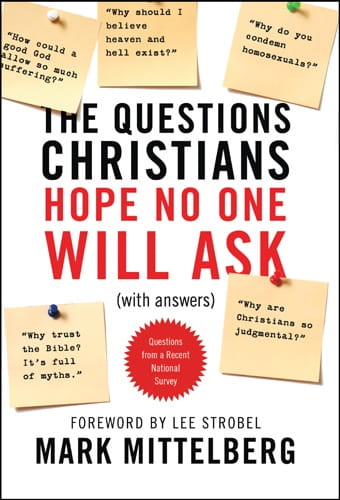Antinomianism
From time to time we speak of the error of “antinomianism” – the belief that for Christians the rules of the Bible don’t apply. “Anti,” of course, means “against,” and “nomos” is the Greek word for “law.” “Antinomians” are opposed to the rules – they do not see them as needed or required in any practical sense. Antinomianism has always been a popular heresy, in part because we would all naturally like to hope that there are no rules for which we will be held accountable. It is also a common error because many don’t read the New Testament with care. Many passages speak of “grace overcoming law” and “Christ being the end of the law.” However, before we conclude that God’s rules don’t apply to us we must be careful to read all of the New Testament and thoughtfully discern the context in which these statements are made. There are clearly two basic components of the Bible’s rules – the old covenant’s religious ceremonial laws, and the various laws of moral and ethical conduct. When the Apostles speak of grace prevailing over the law they are plainly arguing that our imperfect attempts at keeping any set of biblical rules are insufficient to earn our justification (Rom. 2–7). Secondarily, the case is made that the ceremonial laws for worship have become obsolete with their fulfillment in Christ (Heb. 4–10). While we can’t earn our salvation, and we should not engage in already fulfilled ceremonies, the New Testament is clear that “grace” will always “instruct us” to live “upright and godly lives” (Tit. 2:11-12). We can only do that by humbly following God’s ethical and moral instructions – i.e., keeping the rules.
Pastor Mike
AUGUST OFFER
There are no stupid questions. Teachers in the classroom often use this didactic phrase to remind us that if we have a question about something, we shouldn’t be afraid to ask. And when it comes to the most important subject of all, the same rule applies.
As Christians, we can be timid in regards to our questions and doubts about God, the Bible, and living the Christian life. But asking hard questions actually prepares us for our task as followers of Jesus to always be “prepared to make a defense to anyone who asks you for a reason for the hope that is in you” (1 Peter 3:15). At Focal Point, we aren’t afraid to ask tough questions. And we are firmly committed to studying and searching God’s Word, the authority on truth, for answers.
As a thank you for your gift this month, I would like to send you a copy of an excellent book called The Questions Christians Hope No One Will Ask. Author Mark Mittelberg provides answers to tough questions like “How can I trust in Christianity when so many Christians are hypocrites?” and “Why should I think that heaven really exists—and that God sends people to hell?” You will also find helpful tips for how we can respond to these challenges with truth and grace. The book even includes a chapter on the questions our friends need us to ask them.
Request The Questions Christians Hope No One Will Ask with your donation this month.
Click Here to visit Focal Point Ministries' website








